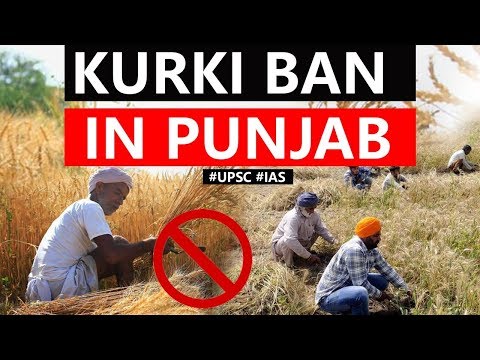Free Courses Sale ends Soon, Get It Now


Free Courses Sale ends Soon, Get It Now



Disclaimer: Copyright infringement not intended.
Context
What is kurki?
How is kurki executed?
Ban of Kurki
Concern of Farmers
© 2024 iasgyan. All right reserved